Are you struggling to escape TikTok and finding time to slip away while your mental health suffers? You are certainly not alone. In an age of social media dominance, TikTok has become a platform that raises concerns over its impact on our well-being. Come explore why Toni Bryanne believes TikTok should be banned in terms of mental health concerns!
TikTok’s Impact on Mental Health
TikTok can become addictive, leading to excessive screen time that interferes with sleep patterns and overall well-being. The constant stream of content bombards users with unrealistic beauty standards, leading to feelings of inadequacy and low self-esteem. Comparing oneself to seemingly perfect influencers can trigger negative emotions such as feelings of inadequacy, feelings that one doesn’t measure up, and hindering well-being.
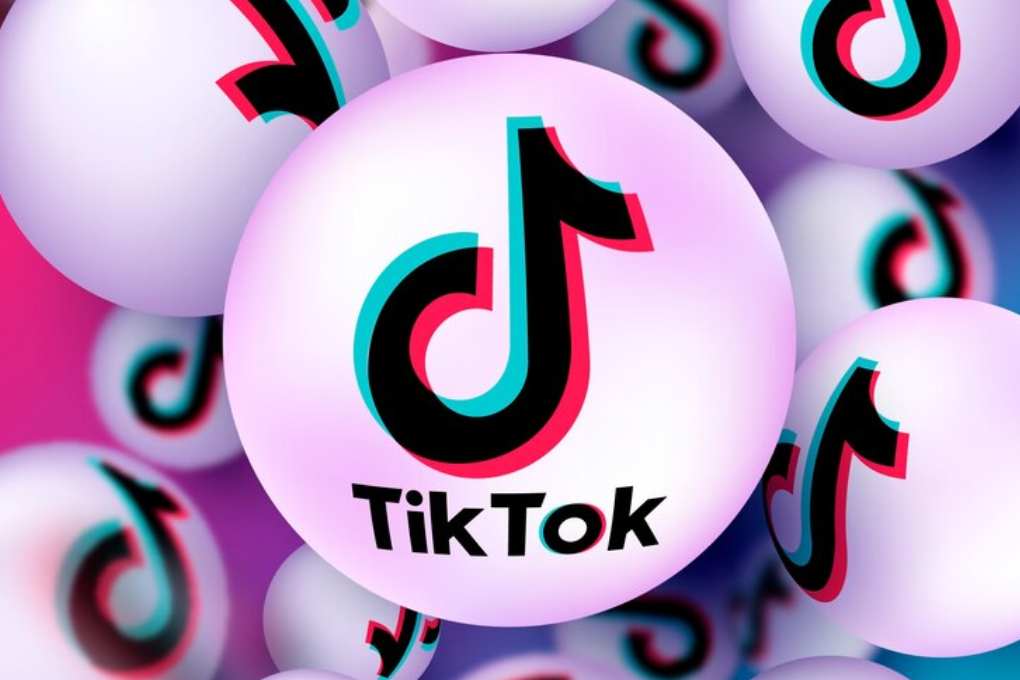
Pressures associated with creating videos for likes and validation can create anxiety and stress, especially the fear of missing out on trending challenges or being left behind in viral loops. Furthermore, constantly seeking external approval through likes and comments reinforces a cycle of seeking approval from strangers online.
As users become immersed in TikTok’s endless scroll, they may experience reduced productivity, decreased motivation, and even symptoms resembling addiction. TikTok provides instant gratification via dopamine-driven feedback loops, which keeps individuals hooked but ultimately leaves them feeling empty inside.
Comparative analyses of other social media platforms and their effects on mental health
Social media platforms each have their way of impacting our mental health. Instagram may cause us to feel inadequate with its perfectly curated feeds; Facebook can trigger FOMO and comparison; Twitter’s rapid pace might cause anxiety; and Snapchat could leave us longing for validation constantly.
TikTok appears to have an extraordinary hold over its users; browsing short videos can easily turn into hours-long binges that consume our time and take their toll on our well-being. TikTok keeps us coming back for more, often at great expense to ourselves.
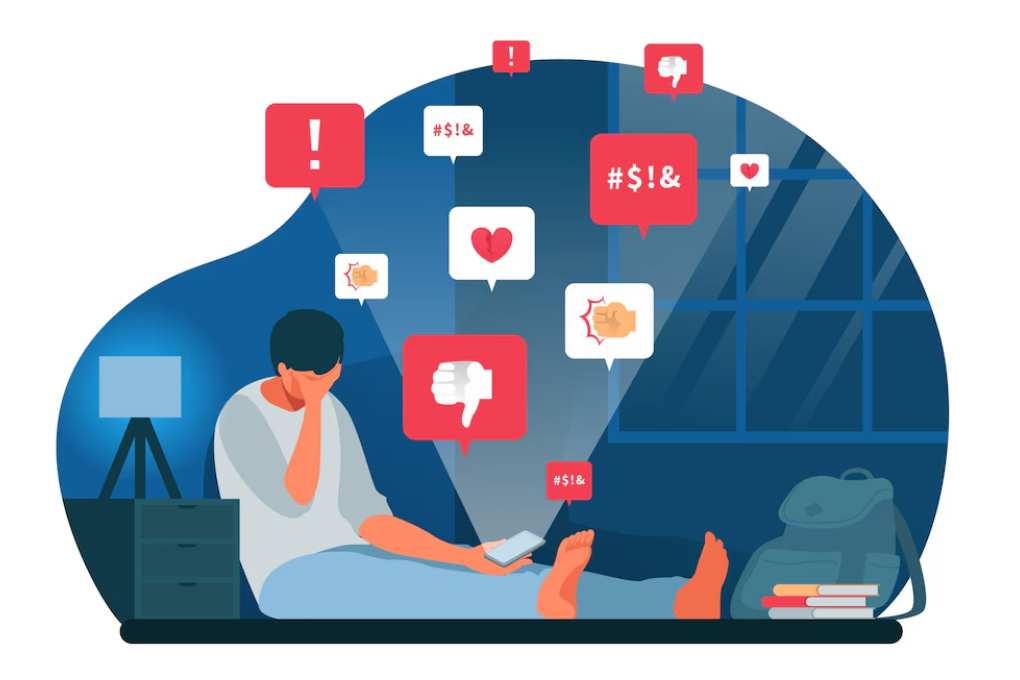
TikTok stands out from other platforms in that it encourages active participation by challenging and creating trends, which can be both engaging and stressful. Although engaging can be fun, creating and performing continuously for likes and views adds pressure to constantly innovate and impress!
TikTok presents unique challenges to mental health. While all social media platforms may have some impact on it, the combination of entertainment and engagement may pose an additional risk that experts in the field should look into further.
Toni shares her struggles with TikTok addiction
Toni Bryanne began using TikTok innocently enough, scrolling videos for entertainment purposes. But quickly the platform’s addictive nature took hold; hours passed quickly as she mindlessly consumed content that made her both excited and anxious at once.
Gradually, Toni noticed changes in her mental well-being. She became more anxious as she constantly compared herself to seemingly perfect lives displayed on TikTok and was subjected to unrealistic beauty standards that began affecting her self-esteem.
Toni struggled to break away from TikTok despite understanding its negative impact on her mental health, until she took a step back, assessed its effect on her overall happiness, and realized the need for change.
Toni’s story serves as an important reminder of the impact social media platforms like TikTok can have on our mental well-being if we fail to remain mindful of how and when we use these apps.
Influencers and unrealistic beauty standards on TikTok can play an influential role
Influencers on TikTok often set unattainable beauty standards that can negatively impact users. With perfectly edited videos and photos promoting an idealized version of beauty that few can attain, influencers promote an unattainable version of beauty that may cause feelings of inadequacy and low self-esteem in viewers.
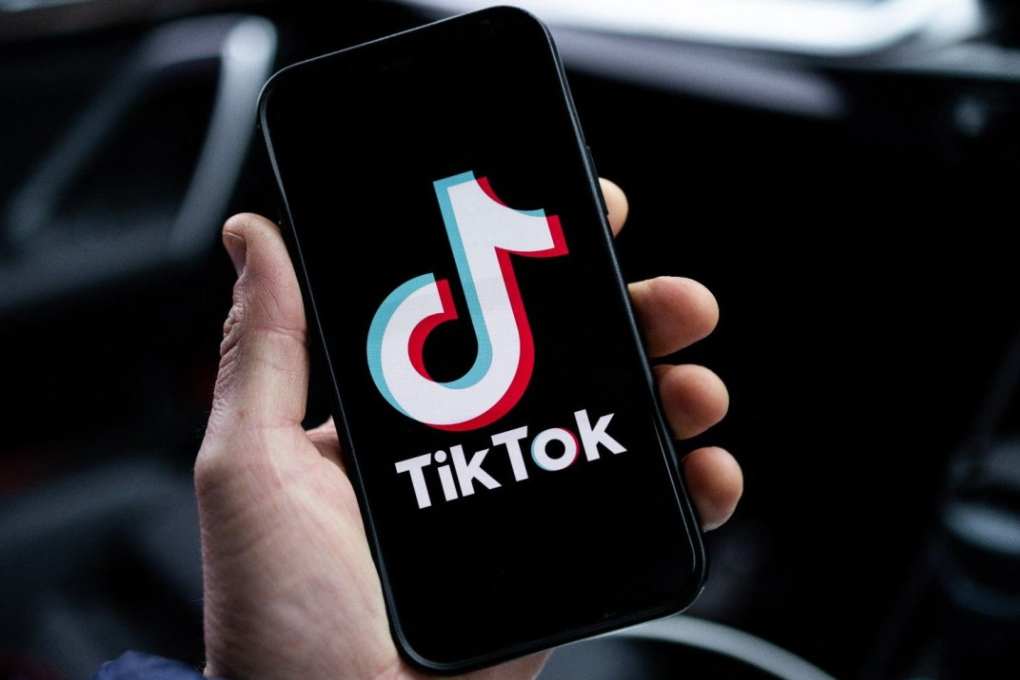
Young audiences, especially impressionable ones, may feel pressure to conform to beauty standards set by influencers and compare themselves against their ideal representations, – often edited and filtered – which can become overwhelming and lead to body image issues, eating disorders, and mental health concerns. Comparing oneself to these edited representations can breed dissatisfaction with one’s appearance and cause further mental health struggles.
TikTok users must keep in mind that social media often shows only an idealized version of reality, so finding a balance between enjoying content on TikTok and maintaining a healthy self-image is crucial for maintaining their mental well-being in this influencer culture.
Studies and research show the detrimental impact of TikTok on mental health.
Studies and research demonstrating the detrimental impact of TikTok on mental health have exposed serious concerns. Excessive use can lead to feelings of inadequacy, anxiety, and depression among users; influencers who promote unrealistic beauty standards only compound these difficulties further.
Toni Bryanne has experienced firsthand how TikTok can have devastating repercussions for her mental well-being, leading her to advocate for its ban for this reason alone. Social media platforms may provide entertainment and connection; however, mental well-being must always come first.
As studies reveal the adverse repercussions of excessive TikTok use, individuals must evaluate their habits and make conscious decisions regarding digital consumption. Breaks from social media, setting boundaries, and seeking support when necessary are all integral parts of maintaining a healthy relationship with technology; prioritizing mental well-being must always come first in this digital era we live in today.
Discover how Vitamin E can transform your hair, promoting strength and shine. Explore “The Amazing Benefits of Vitamin E for Strong and Shiny Locks” to learn how this powerful antioxidant supports healthy hair growth and prevents damage.

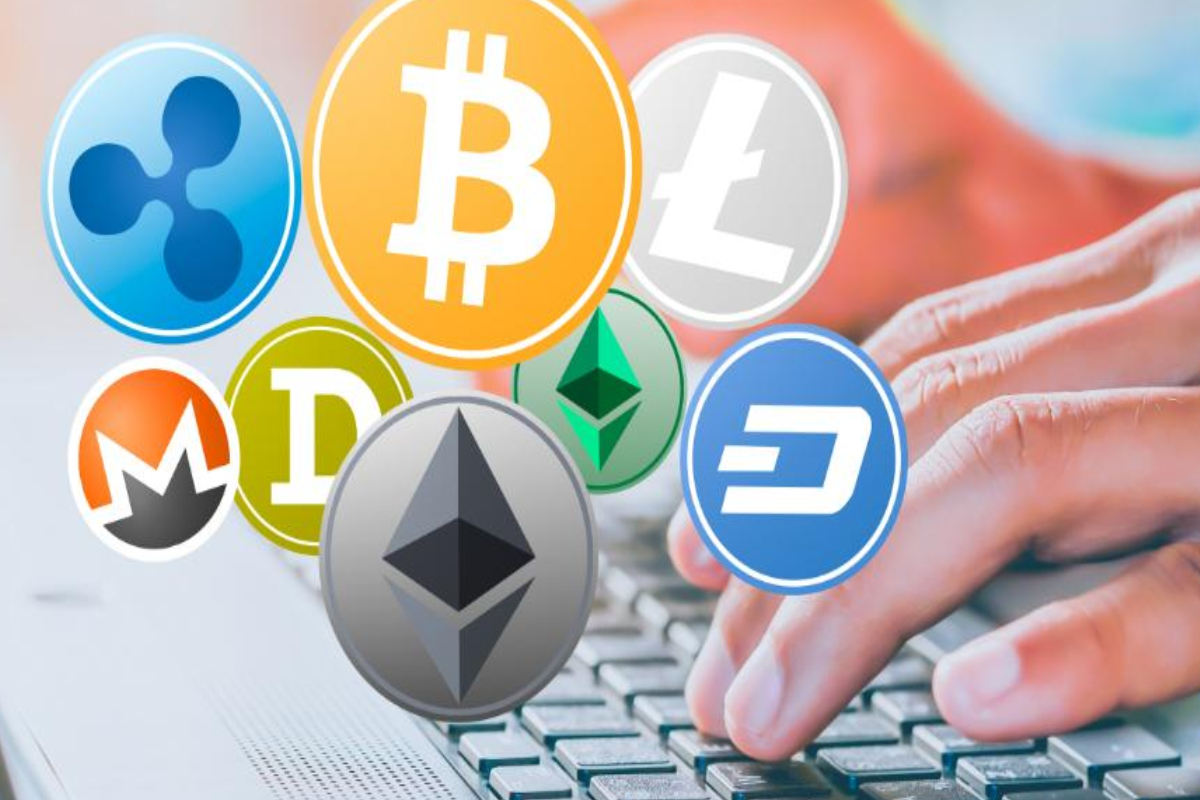
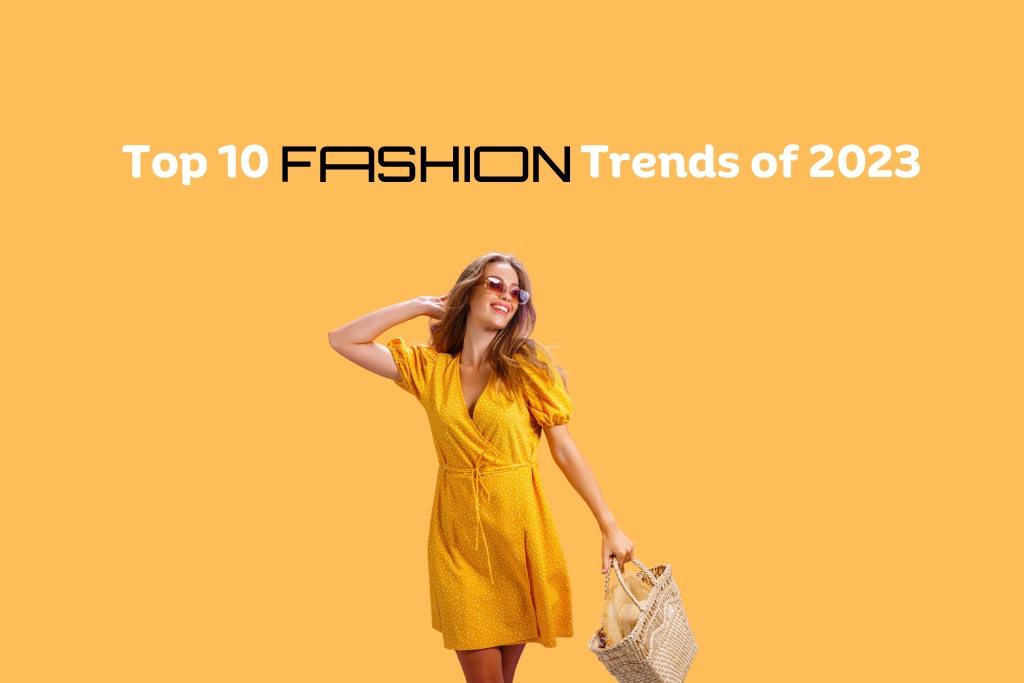
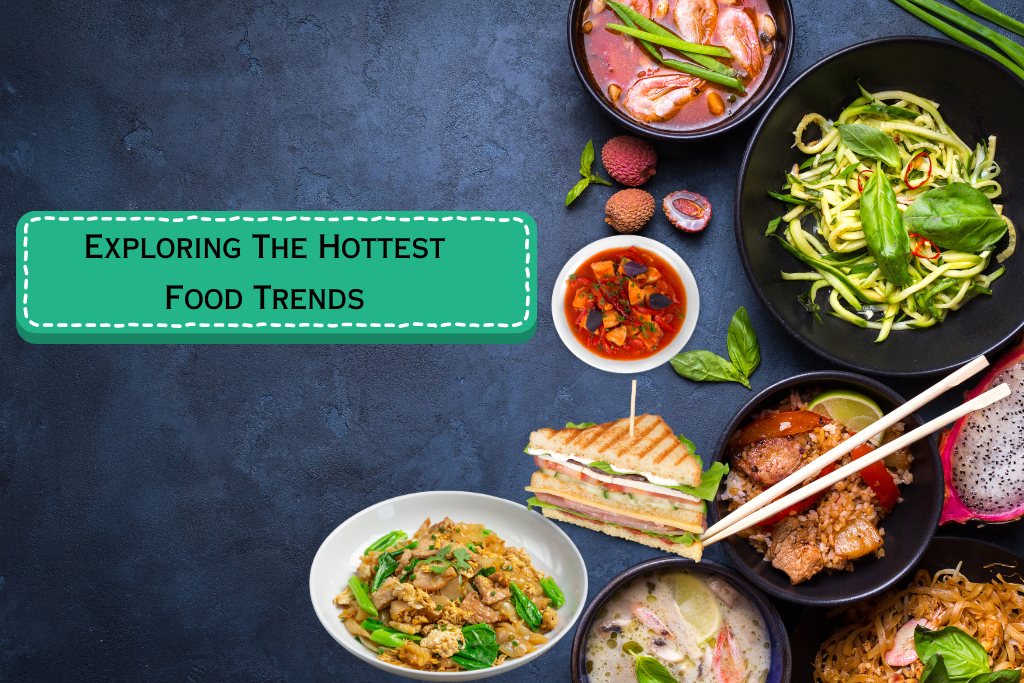


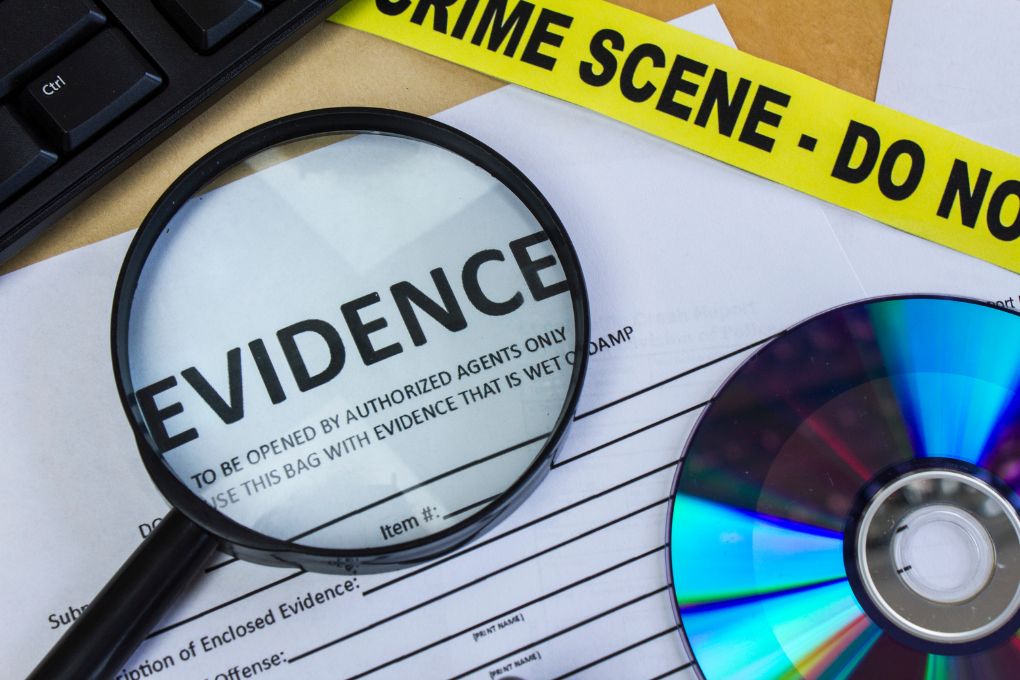
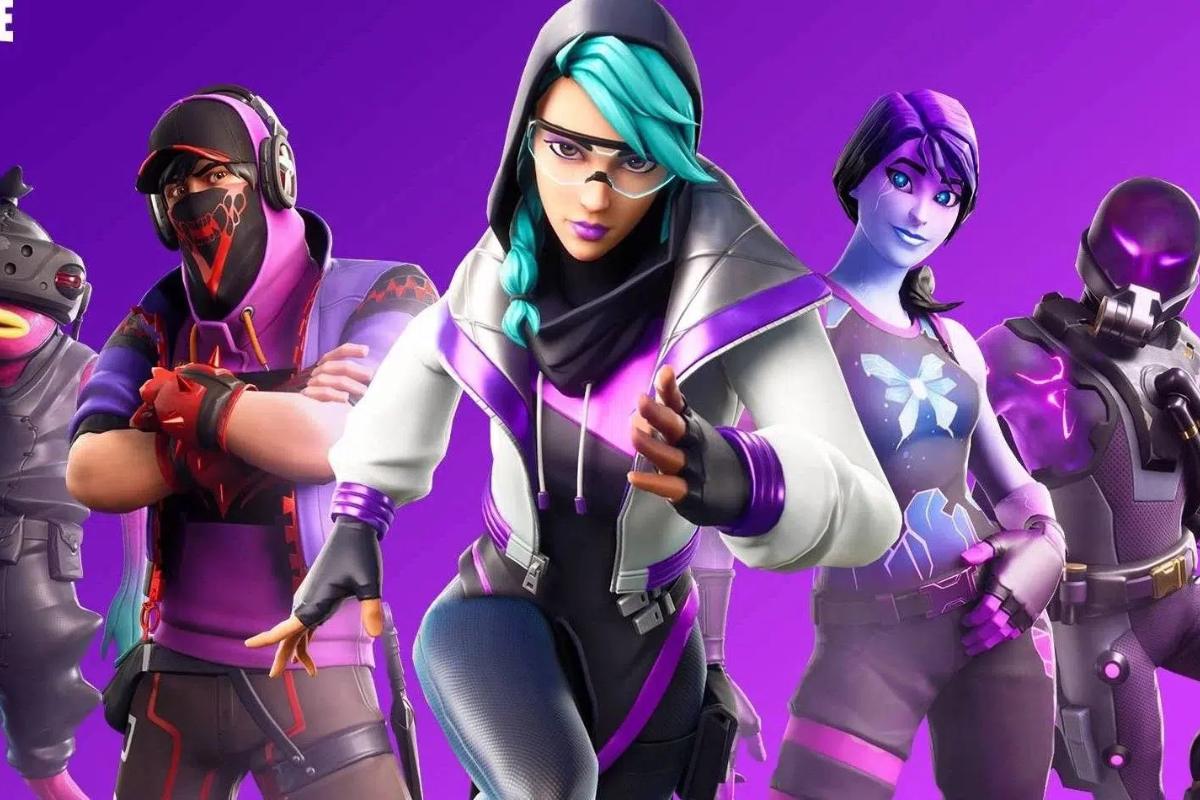


Recent Comments